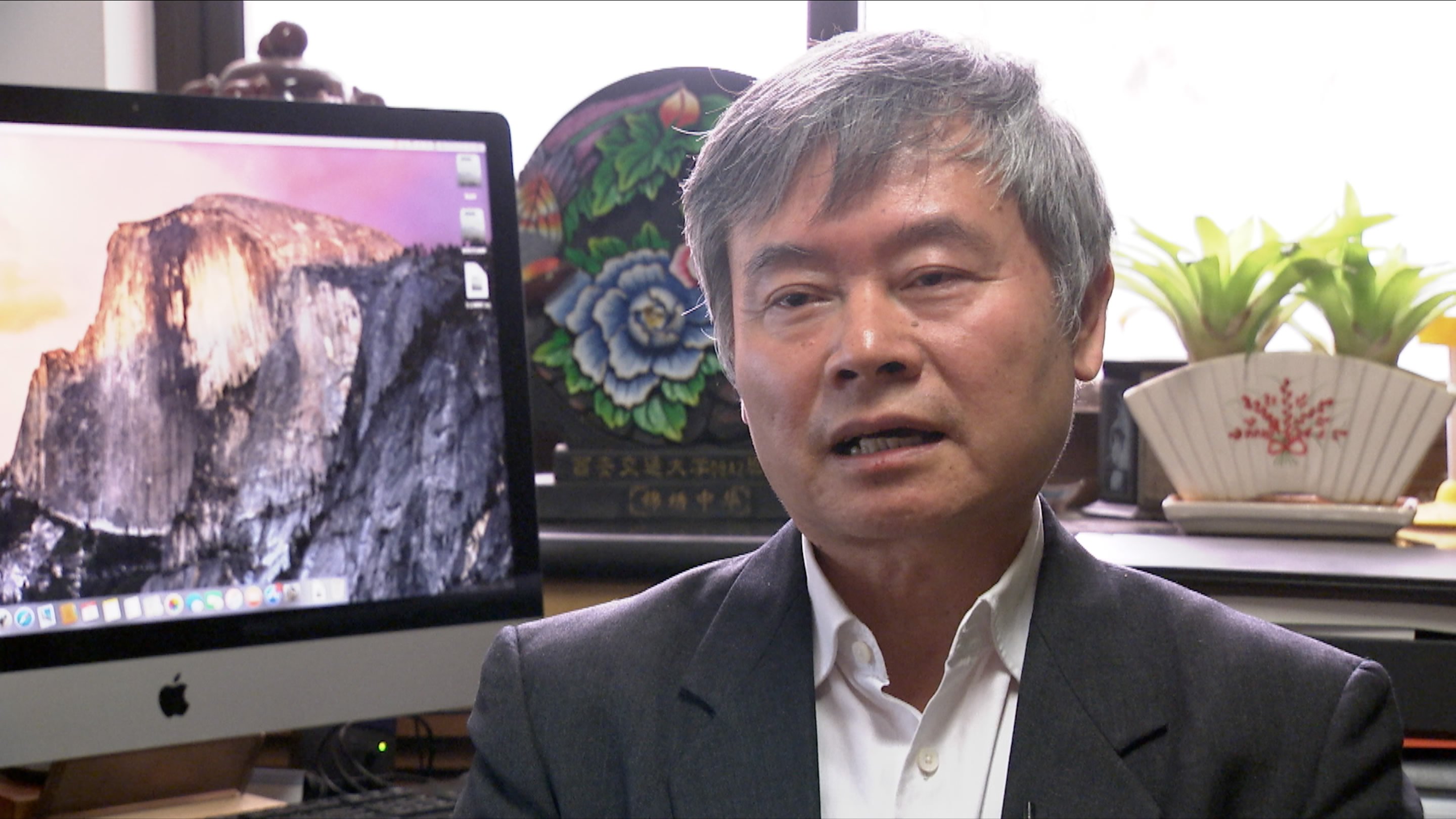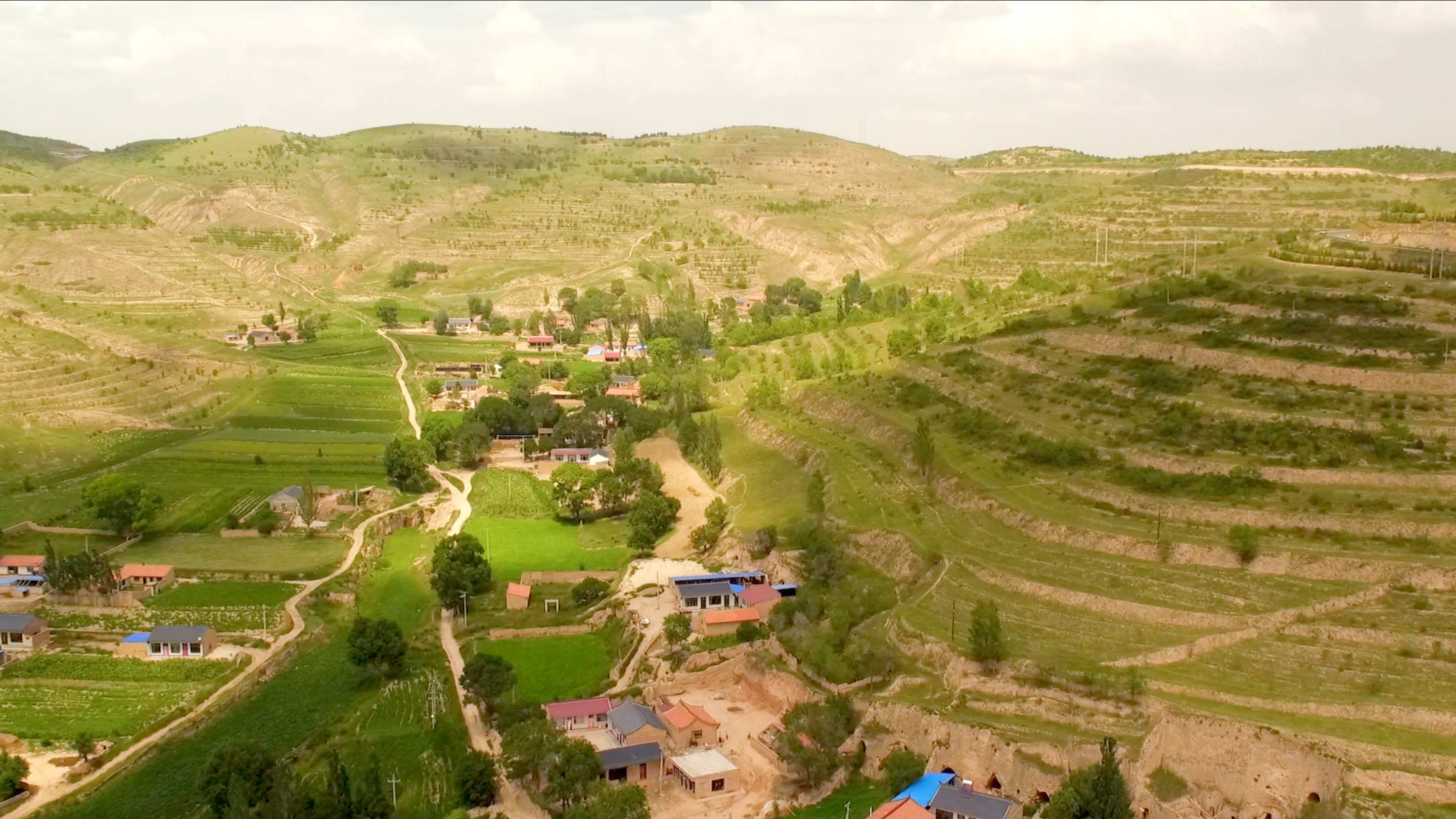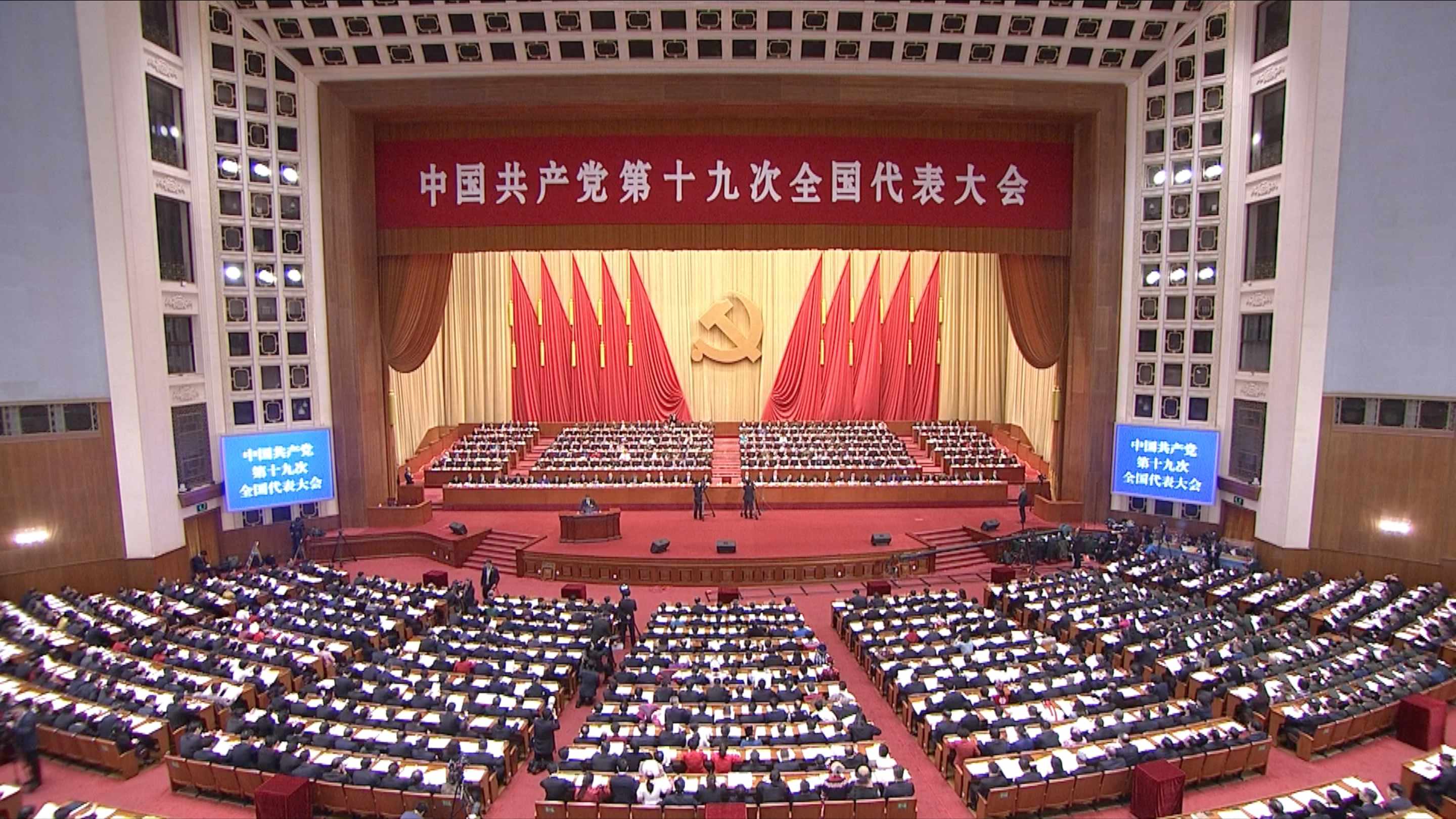
China
15:32, 20-Oct-2017
Outspoken economist calls for rural land reform
By CGTN's Han Bin

The country’s economists are studying General Secretary Xi Jinping’s report for China’s policies on economic reforms. CGTN reporter Han Bin talks to one of them to get his views on the Party’s guidelines. Professor Cai Jiming from Tsinghua University, is also a Standing Member of the Central Committee of the China Association for Promoting Democracy, one of eight non-Communist parties. He's known for his outspoken opinions on reforming the country’s rural land system. He's also a strong advocate of letting the market play a more decisive role.
Calls for deepening reforms
In the report delivered at the 19th CPC National Congress, General Secretary Xi Jinping said China must concentrate on ensuring the market-based allocation of factors of production, flexible prices, and fair and orderly competition – all parts of a comprehensive push to deepen reforms.

“I personally feel that the market in many ways does not really play a decisive role.” – Cai Jiming/CGTN Photo
“I personally feel that the market in many ways does not really play a decisive role.” – Cai Jiming/CGTN Photo
Reading between the lines, Cai Jiming said that he finds no level playing field when it comes to the allocation of many factors of production including labor factors, migrant workers' rights in cities and civilian-run versus state-owned enterprises. He noted that China still largely lags behind in achieving these goals.
“I think as long as reforms can be pushed forward by the government, we must support it. And if we feel that the reforms’ intensity is not strong enough or its pace too slow, we have the responsibility to put forward our suggestions on deepening reforms to the government,” said the professor.
Other experts have pointed out that one of the key challenges for China’s economic reforms is the relationship between the government and market.
Cai Jiming’s two decades of lobbying
Based on firsthand research, Cai Jiming has proposed reforming the rural land system for nearly 20 years and believes that the Land Administration Law must be amended. Cai has advocated for a more decisive role for the market in allocating land resources, believing that it's the best way to end rural poverty.
“The allocation of rural land resources is basically by a planned economy of the allocation of factors. Farmers have no say when it comes to the acquisition of their land by the local governments. The land price is not set by the market, resulting in a large number of farmers’ petitions or even extreme group events, ” said Cai.

Farmland in northwestern China’s Gansu Province. /CGTN Photo
Farmland in northwestern China’s Gansu Province. /CGTN Photo
Rural land system reform
For farmers in China, their land both sustains and constrains them. Ownership doesn't grant land use rights as farmers can’t sell or transfer usage rights to their land. They are stuck in the countryside, as the urban-rural wealth gap continues to widen. Urban land is state-owned, while rural land is collectively-owned. Both belong to public ownership. But they have different rights and different prices. Local government compensates for farmland according to the yearly yield income.
China’s National People’s Congress has begun soliciting opinions to amend the Land Administration Law. China’s Constitution states that the public ownership system is the mainstay of the economy, making the issue extremely complex. This also means any change will not be fast in coming.

Opening session of the 19th CPC National Congress/CGTN Photo
Opening session of the 19th CPC National Congress/CGTN Photo

SITEMAP
Copyright © 2018 CGTN. Beijing ICP prepared NO.16065310-3
Copyright © 2018 CGTN. Beijing ICP prepared NO.16065310-3